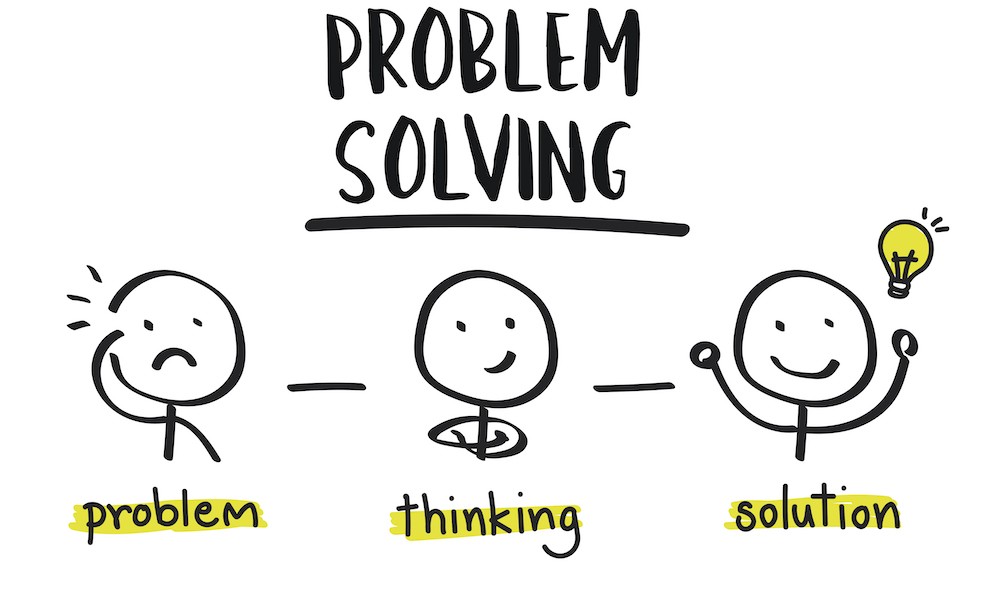In the dynamic landscape of modern business, effective communication skills stand as pillars of success for aspiring managers. Whether you’re leading a team, collaborating with peers, or interacting with stakeholders, the ability to convey ideas clearly and persuasively can make all the difference. As Peter Drucker, a renowned management consultant, once said, “The most important thing in communication is hearing what isn’t said.” This sentiment underscores the significance of not just verbal, but also non-verbal cues in effective communication.
“The single biggest problem in communication is the illusion that it has taken place.” – George Bernard Shaw
Communication skills are paramount for success in any management career. Effective communication fosters understanding, collaboration, and productivity within teams and across organizational hierarchies. In a managerial role, the ability to convey ideas clearly, listen actively, and provide constructive feedback is essential for driving business objectives forward.
Importance of Effective Communication:
Effective communication is more than just exchanging information; it’s about ensuring that the intended message is understood and acted upon. In the realm of management, where decisions are made, strategies are formulated, and goals are set, communication serves as the lifeblood that sustains organizational effectiveness. It fosters transparency, builds trust, and cultivates a culture of collaboration. Without it, even the most well-conceived plans can falter, and conflicts can arise.
Essential Skills for a Successful Management Career
1. Communication Skills

Effective communication lies at the heart of managerial excellence. Managers must articulate their vision, delegate tasks, provide feedback, and resolve conflicts—all of which necessitate clear and concise communication. Without effective communication skills, misunderstandings can arise, leading to decreased productivity and morale within the team.
Courses:
- “Communication Skills for Managers” – Coursera
- “Business Communication” – LinkedIn Learning
- “Effective Communication Skills for Leaders” – Udemy
Communication Skills for Managers (Course Content):
- Strategies for clear and concise communication
- Active listening techniques
- Conflict resolution and negotiation skills
- Communication in diverse workplace environments
- Developing impactful presentations
- Providing constructive feedback
“The most important thing in communication is hearing what isn’t said.” – Peter Drucker
2. Leadership Skills

Effective leadership is essential for motivating teams, driving change, and achieving organizational goals. A manager must inspire trust, foster innovation, and guide team members towards shared objectives. Leadership skills encompass qualities such as vision, empathy, resilience, and the ability to lead by example.
Courses:
- “Leadership Essentials” – edX
- “Becoming a Confident Leader” – Skillshare
- “Leadership and Influence” – FutureLearn
Leadership Essentials (Course Content):
- Understanding leadership styles and approaches
- Building emotional intelligence and self-awareness
- Motivating and inspiring teams
- Leading through change and uncertainty
- Ethical leadership practices
- Developing a personal leadership development plan
3. Time Management Skills

Time is a finite resource, and effective time management is crucial for managerial success. Managers juggle multiple responsibilities, deadlines, and priorities, making it essential to prioritize tasks, delegate effectively, and minimize time-wasting activities.
Courses:
- “Time Management for Managers” – Udacity
- “Strategic Time Management” – LinkedIn Learning
- “Productivity and Time Management for the Overwhelmed” – Coursera
Time Management for Managers (Course Content):
- Setting goals and priorities
- Prioritization techniques such as the Eisenhower Matrix
- Delegation strategies and effective team management
- Overcoming procrastination and time-wasting habits
- Strategies for managing interruptions and distractions
- Balancing work and personal life for sustainable productivity
4. Problem-Solving Skills

Managers encounter challenges and obstacles on a daily basis, requiring adept problem-solving skills to navigate complex situations. Problem-solving involves identifying root causes, generating creative solutions, and implementing effective strategies to overcome obstacles and achieve desired outcomes.
Courses:
- “Critical Thinking and Problem Solving” – Udemy
- “Strategic Problem-Solving Skills for Managers” – Skillshare
- “Problem Solving and Decision Making” – FutureLearn
Critical Thinking and Problem Solving (Course Content):
- Understanding problem-solving methodologies
- Analytical thinking and decision-making frameworks
- Creative problem-solving techniques
- Root cause analysis and problem identification
- Implementing and evaluating solutions
- Risk management and contingency planning
5. Adaptability

In today’s fast-paced business environment, adaptability is a prized attribute for managers. Markets evolve, technologies change, and unforeseen disruptions occur, requiring managers to pivot, innovate, and thrive amidst uncertainty.
Courses:
- “Adaptive Leadership” – Coursera
- “Embracing Change: A Manager’s Guide” – LinkedIn Learning
- “Building Resilience” – edX
Adaptive Leadership (Course Content):
- Understanding the psychology of change
- Developing resilience and coping mechanisms
- Leading teams through organizational change
- Embracing innovation and fostering a culture of experimentation
- Strategies for managing stress and uncertainty
- Continuous learning and professional development
Also Read: What are the Top 5 Managerial Skills?
Conclusion
In conclusion, a successful management career requires a multifaceted skill set encompassing communication, leadership, time management, problem-solving, and adaptability. By investing in continuous learning and development through targeted courses and practical application, aspiring managers can enhance their capabilities, drive organizational success, and thrive in today’s dynamic business environment.
Through effective communication, inspiring leadership, efficient time management, adept problem-solving, and adaptive resilience, managers can navigate challenges, seize opportunities, and lead their teams towards success in an ever-evolving landscape. Aspiring managers, armed with these essential skills, are poised to make a lasting impact and shape the future of their organizations.
FAQ (Frequently Asked Questions):
Q.1: Why are communication skills essential for managers?
Communication skills are vital for managers because they enable effective conveyance of ideas, facilitate teamwork, resolve conflicts, and foster a positive work environment.
Q.2: Can communication skills be learned and improved?
Yes, communication skills can be learned and improved through practice, feedback, and targeted training courses designed to enhance various aspects of communication.
Q.3: How do communication skills contribute to career advancement in management?
Managers who possess strong communication skills are better equipped to lead teams, influence stakeholders, and navigate complex business environments, thereby increasing their chances of career advancement and success.




